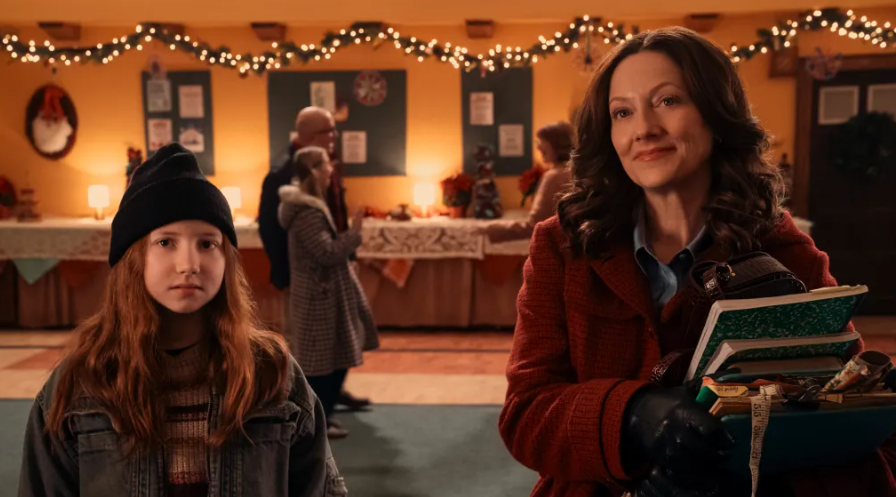W ith the exception of Helen Mirren’s tasteful performance, the Spierig brothers’ “Winchester” is another movie to be added to the list of cliché horror films.
Based on true events, the movie is set in the 1900s in the dark and unusual San Jose mansion of Sarah Winchester, the widow of a gun manufacturer.
Troubled doctor Eric Price is sent to the mansion to assess Sarah’s mental state in order to determine if she is fit to run the company. To the doctor’s dismay, Sarah’s continuous building and plans for additions to the house is an attempt to appease the spirits and ghosts who have been killed by Winchester guns.
At the same time as the doctor’s arrival, an unknown spirit is present and more powerful than ever, refusing to leave until it gets the revenge it seeks.
“Winchester” had so much potential, but its execution was typical and dull.
The jump scares consisted of random ghosts popping up, which is seen countlessly in the horror genre and resulted in a loss of authenticity and mood in the film.
The arbitrary details to the house such as a finger suddenly appearing from a wall, roller skates, shaking cabinets and single mother all caused the plot to occur with no rising action or climax. It was all just a tangle of events.
The setting was an aspect the directors could have taken advantage of in order to induce more thrill. However, the only thing reminding me that this story was set in the 1900s was a couple of the costumes and one or two hairstyles.
There was no “wow factor” that made this movie one to remember, as it only included stereotypical components.
Mirren was one of the very few elements that uplifted “Winchester.” She delivered a convincing performance of a possessed and yet still intelligent and charismatic character.
Overall, “Winchester” lacked originality and thrill, and was not worth the line nor the ticket.














